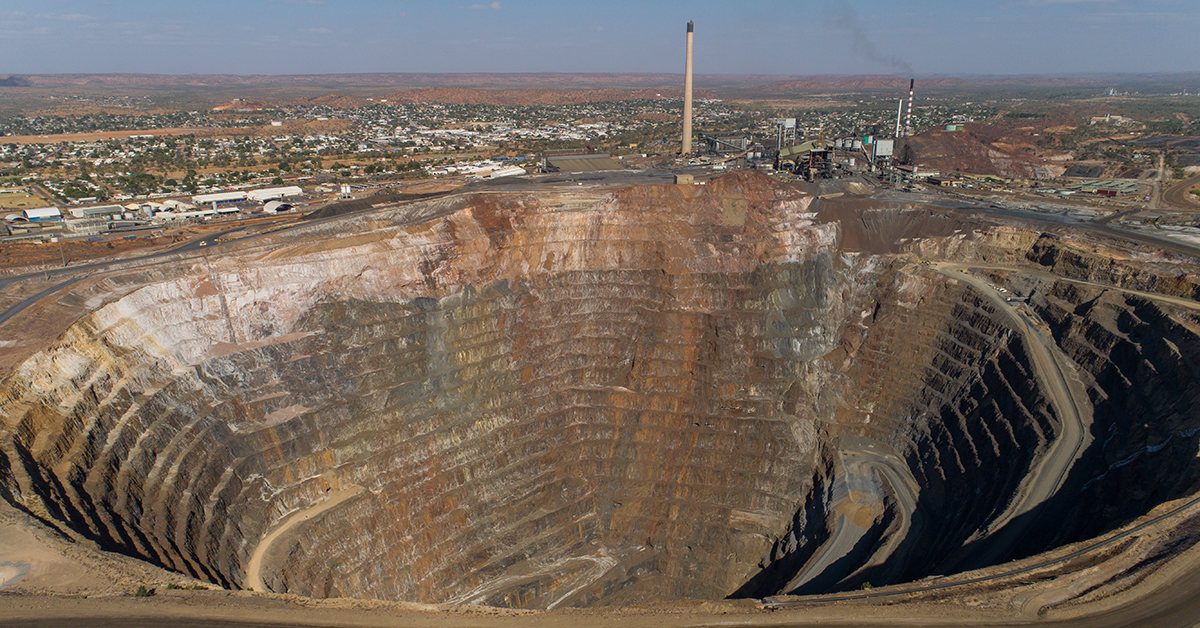Can a veteran of the coal business make Glencore more of an environmentally friendly company?

Gary Nagle takes over the helm of the world’s largest mining and commodities trading company just as it finds itself at a crossroads. The 45-year-old South African is charged with leading Glencore in a transition to a more environmentally responsible strategy that it hopes will bring investors with environmental, social and governance (ESG) mandates back on board.
Most of Nagle’s 20 years at Glencore have been in its coal businesses, first in Colombia and most recently running global coal operations from Australia, making him a less-than-obvious pick to turn the world’s largest exporter of thermal coal into a “green wave miner,” as some analysts term it. Glencore recently announced its ambition to be fully aligned with the Paris accord goals and become carbon neutral by 2050.
But then, poachers often turn out to be the best gamekeepers. To meet Glencore’s climate-change ambitions, Nagle will have to decide between two strategies for coal: the fast-track approach of demerging thermal coal operations into a separate company; or a slower, managed withdrawal, whereby reserves are not replaced as they become depleted.
Exiting the coal business, which accounts for just 10% of group earnings before interest, taxes, depreciation, and amortization (EBITDA), would enhance Glencore’s ESG credentials and refocus it as a leading producer of the energy transition-enabling metals—copper, cobalt, nickel and zinc—needed for electric vehicle batteries.
Nagle also must distance Glencore from several reputationally damaging legacy issues. The US Department of Justice is probing the company’s possible involvement in corruption and money laundering in some of the over 35 countries where it operates worldwide, notably the Democratic Republic of Congo, Nigeria and Venezuela, and in Switzerland, Glencore International is under investigation for corruption and bribery.
Another challenge is how best to trim Glencore’s long tail of problematic or unprofitable assets. It made a start last month with a $1.5 billion deal to sell its 73% stake in loss-making Mopani Copper Mines to the Zambian government. Glencore is also exiting more-marginal activities like oil exploration, to refocus on its core businesses.



